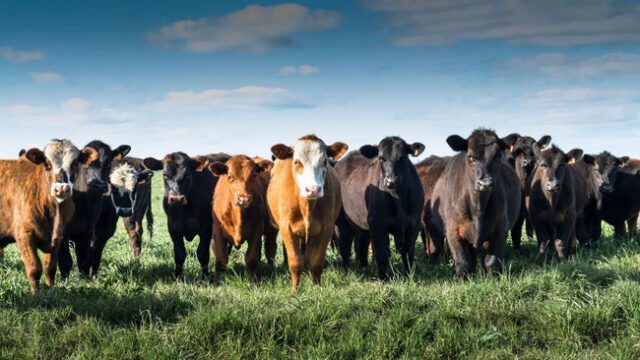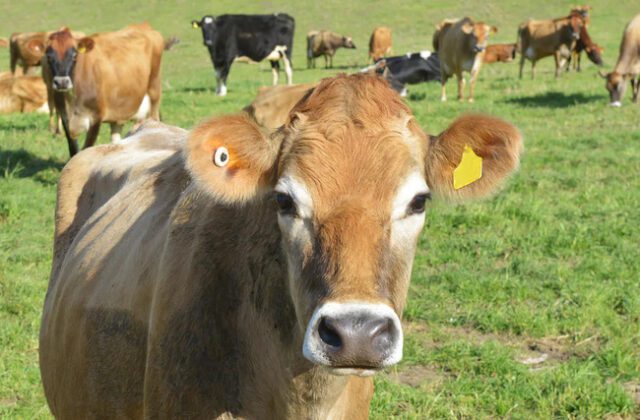
The story of Jigsaw Farms in Australia once celebrated for achieving carbon neutrality in beef farming, now serves as a cautionary tale about the complexities and challenges involved in sustaining such practices. The initial success of Jigsaw Farms in achieving carbon neutrality by 2011 was attributed to its strategic approach, including planting thousands of trees, nurturing the soil, and implementing regenerative farming practices. However, a recent report indicates that the farm’s carbon balance turned negative in 2017, with emissions surpassing the farm’s capacity for sequestration. The study, led by Prof Richard Eckard, emphasizes the difficulty in maintaining the delicate balance as trees mature, soil becomes saturated, and the law of diminishing returns sets in. Jigsaw Farms now faces the reality that it may absorb only half of the emissions it did in 2012 by 2031, highlighting the ongoing challenges in achieving and sustaining carbon neutrality in beef farming.

While Jigsaw Farms grapples with its carbon balance, other farms worldwide are exploring various strategies to mitigate the environmental impact of livestock farming. These approaches range from cutting methane emissions by selecting specific cattle breeds to experimenting with alternative feed options, such as seaweed, to reduce methane production. The use of perennial plants, like the Holdfast GT Phalaris grass, is also gaining traction, as these plants form stronger relationships with bacteria and fungi, reducing erosion and drawing down more carbon. Despite these efforts, the broader issue remains: achieving carbon-neutral farming on the scale demanded by current meat consumption is a formidable challenge. With a significant portion of habitable land already dedicated to agriculture and the need for further land conservation to address climate change and biodiversity loss, the quest for carbon-neutral beef farming reveals the intricate balance required for sustainability on a global scale.














